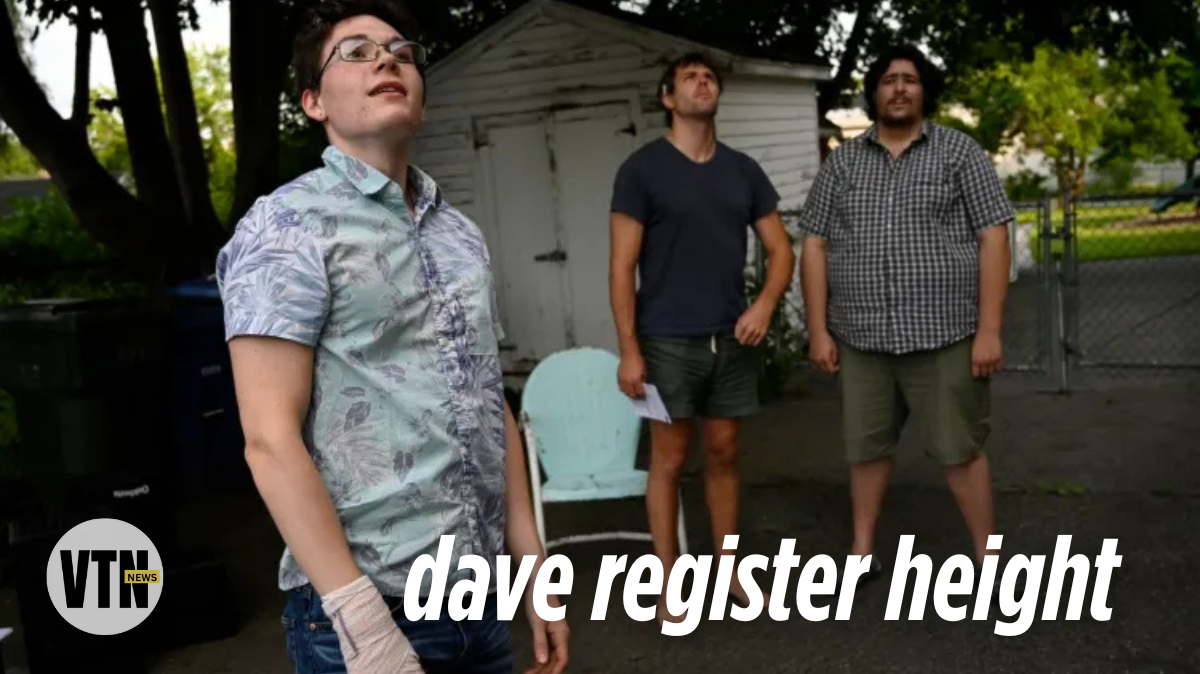In the quiet hours of night, when the digital world hums with life and the physical world settles into silence, a new kind of reflection stares back at us—not from the mirror, but from the screen. It is here that Ero Me is born: the intersection of eroticism and identity, of longing and projection, of who we are and who we dare to be when no one is watching.
The phrase “Ero Me” is not commonly found in dictionaries. It does not belong to a classic mythology nor to any standard term in psychology or literature, and yet, it could be all those things. Ero Me is a state of being: a sensual self, uncovered and unfiltered, revealed through the digital veil. It is a whisper from our innermost chambers, where vulnerability dances with desire and where identity slips between truth and fantasy.
The Self That Glows Behind the Screen
In the age of digital intimacy, the body has become both weapon and wonder. We curate our images, refine our texts, and sculpt our presence online—not merely to be seen, but to be desired. Ero Me is not just the act of being erotic; it is the act of being known through eros.
It is in selfies sent at midnight, not meant for likes but for longing. In voice notes whispered with trembling breath. In avatars, usernames, digital gestures—emojis with suggestive weight, messages left on “read,” or late-night typing bubbles that vanish without a word. These are the erotic signals of our age, where desire is coded in binary and bandwidth.
But Ero Me is not just performance. It is revelation. Beneath filters and captions, there is truth — sometimes truer than we are allowed to live offline. Here, we experiment. We shape and reshape ourselves. Gender bends, boundaries blur, fantasies bloom. What would you say if no one knew it was you? What would you show?
Between Shame and Sanctuary
Ero Me also walks a tightrope — between liberation and exposure, power and exploitation. The same platforms that allow expression also invite scrutiny. What is free can become commodified. What is consensual can become coerced. What is private can be leaked. In this shifting terrain, Ero Me becomes not only the expression of the erotic self, but the negotiation of its safety.
Yet it is precisely in this fragile space that something tender survives: the need to be desired without apology. To feel the surge of dopamine not just from pleasure, but from connection. To be told, even once: “I see you. I want you. I understand you.”
This is not about pornography. This is about presence. About the parts of us too complex for algorithms to classify — the parts that ache for connection, but only on our own terms.
The Mirror Never Lies — or Does It?
When Narcissus gazed into the water, he fell in love with his own reflection, not realizing it was himself. In the digital age, Ero Me may be our own Narcissus moment — but it is more complicated. Because now, our reflections are shaped by others. They respond. They type back. They desire us, or they don’t. They become part of the mirror.
We no longer fall in love with our image — we fall in love with what our image can make others feel. And in doing so, we begin to chase a version of ourselves that is both true and curated, both intimate and performative. It’s a new kind of intimacy — fragmented, fast, and fragile.
But it is real. Real enough to feel heartbreak when the messages stop. Real enough to feel jealousy when a lover double-taps someone else’s photo. Real enough to grieve for an erotic connection that never made it into the light of day, yet still felt like fire.
Ero Me Is Not Just
To speak of Ero Me is to understand eros in its fullest sense. It is not just about though is its most immediate, physical expression. Eros is the life force. It is longing, hunger, the impulse to merge, to create, to express. It is the look across a crowded room. The first message. The night you stayed up until 3 a.m. talking about nothing and everything. It is the poetry that tumbles from your fingertips before you think better of it.
Ero Me is erotic in the way that vulnerability is erotic. In the way truth can be seductive. It’s the emotional striptease that comes not from showing skin, but from showing soul.
Becoming Through Desire
Desire is a mirror, and through it, we see not just what we want but what we could become. Ero Me is that in-between space: not who I am, not yet who I will be, but who I dare to be when I let desire guide the way.
It’s not always easy. Desire can deceive. It can lead us down dark corridors, into addiction, obsession, and dependence. But it can also lead us back to ourselves. Desire, when treated with reverence, is a compass. And when we follow it—not blindly, but with awareness, we often find the parts of us we were taught to hide.
Ero Me is the unmasking. It is the digital confession booth, the late-night DM, the anonymous blog post, the whispered truth in someone else’s ear. It is the ache of wanting and the risk of being wanted.
The Future of Ero Me
As artificial intelligence begins to understand and even replicate desire, we are entering a new phase. AI companions, virtual partners, simulated intimacy—what happens when Ero Me no longer needs another human on the other end?
Will that deepen our connection to ourselves or hollow it out? Will we become more honest in our digital expressions or more artificial? Will our erotic selves find new freedom in the absence of judgment, or will we lose something essential in the absence of true human mystery?
These are questions for the future. But for now, in this moment, Ero Me is a whisper from within. A call to look not away from ourselves, but deeper in. To ask: What do I truly want? What am I afraid to say? Who am I, when desire strips me bare?
Conclusion
Ero Me is not a trend. It is not an app. It is a feeling—fleeting and powerful. It is the most honest version of ourselves, dressed in longing and lit by the glow of a screen. It is where we meet ourselves, again and again, in the eyes of another. Even if those eyes are pixelated.




